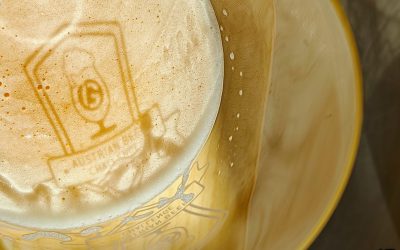Amsterdam microbrewery the latest in a line of recent partial acquisitions.

Beer drinkers of the Netherlands can’t help but notice the use Heineken has made of its stakes in formerly independent breweries. Heineken properties and joint ventures like Lagunitas and Beavertown have become more commonplace on bars where craft beer is part of the offer.
The Dutch giant has now turned its eye closer to home, snapping up a “minority stake” in the Oedipus brewery. This phrasing tends to mean 49.9% ownership, creating a semblance of independence while allowing the microbrewery to take full advantage of Heineken’s access to markets. In the case of Lagunitas, half ownership gave way to a full takeover a few years later.
Oedipus was founded in 2011 and made a splash with its colourful branding and creative recipes. It became a standalone brewery in 2015, operating from a bohemian taproom in the northern suburbs of Amsterdam. With echoes of Beavertown’s statement that they would be able to expand their capacity and visitor experience, a press release from Oedipus mentions a new music venue and food offer, as well as a new brewery.
The terms of the deal have not been disclosed.




